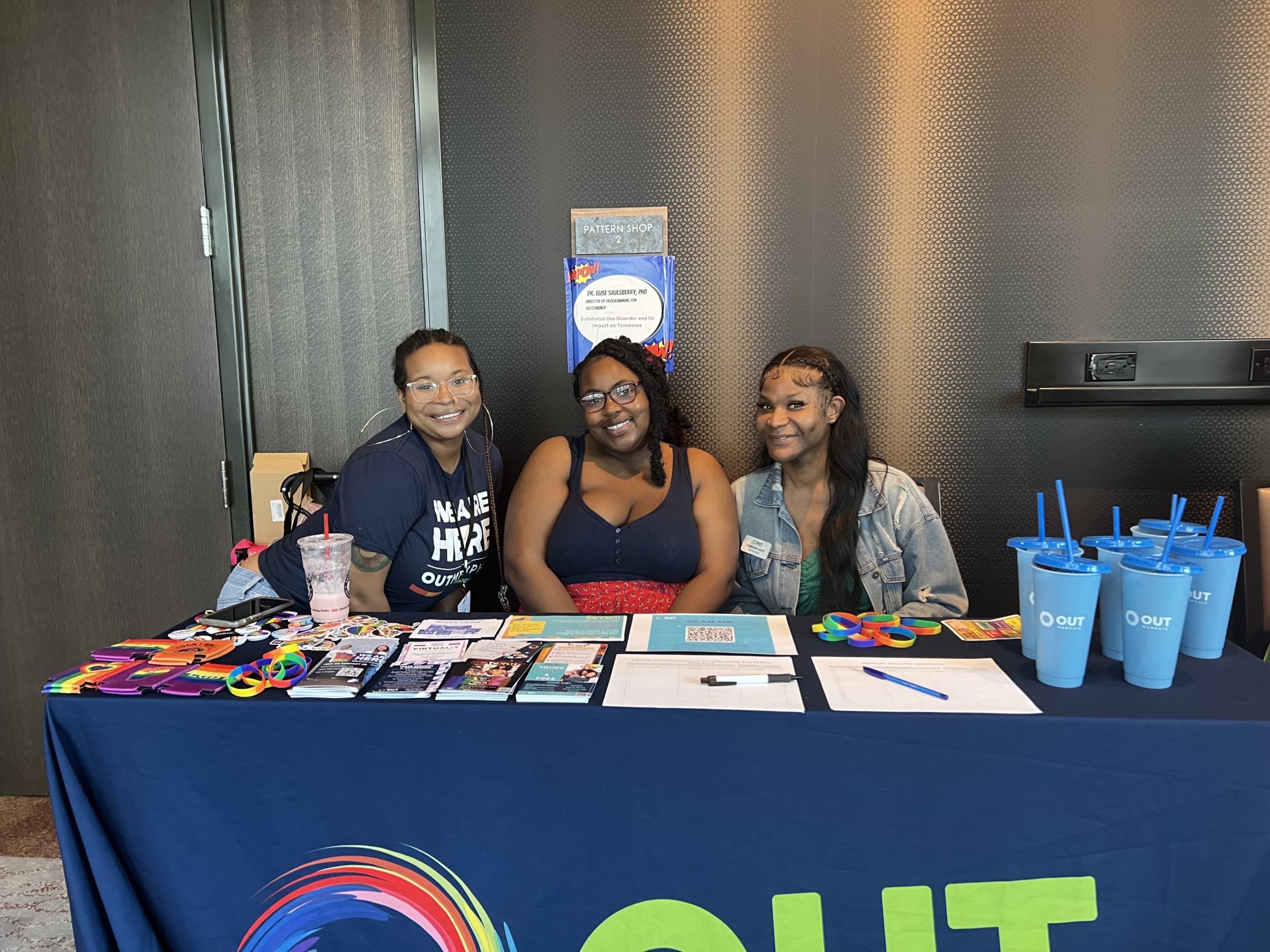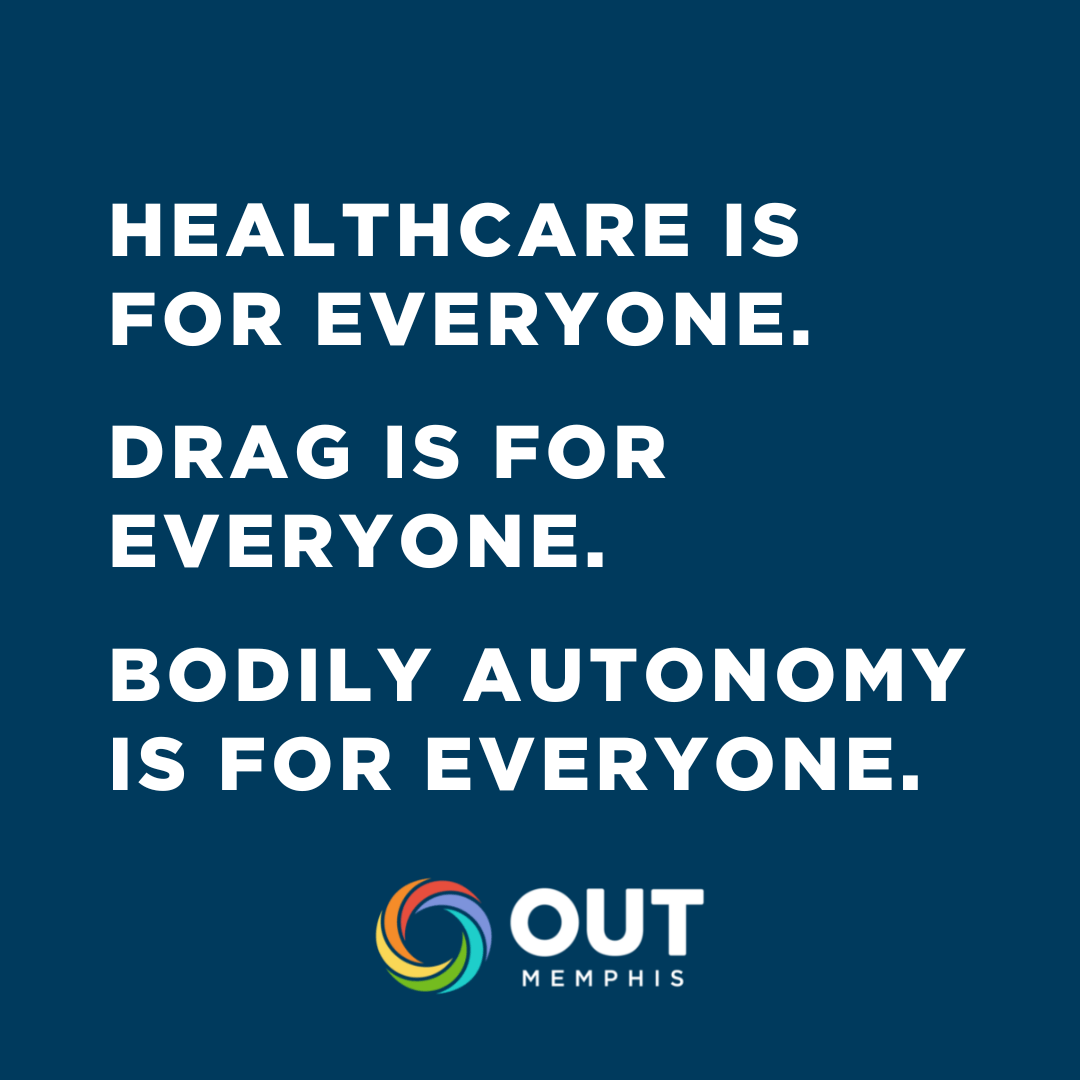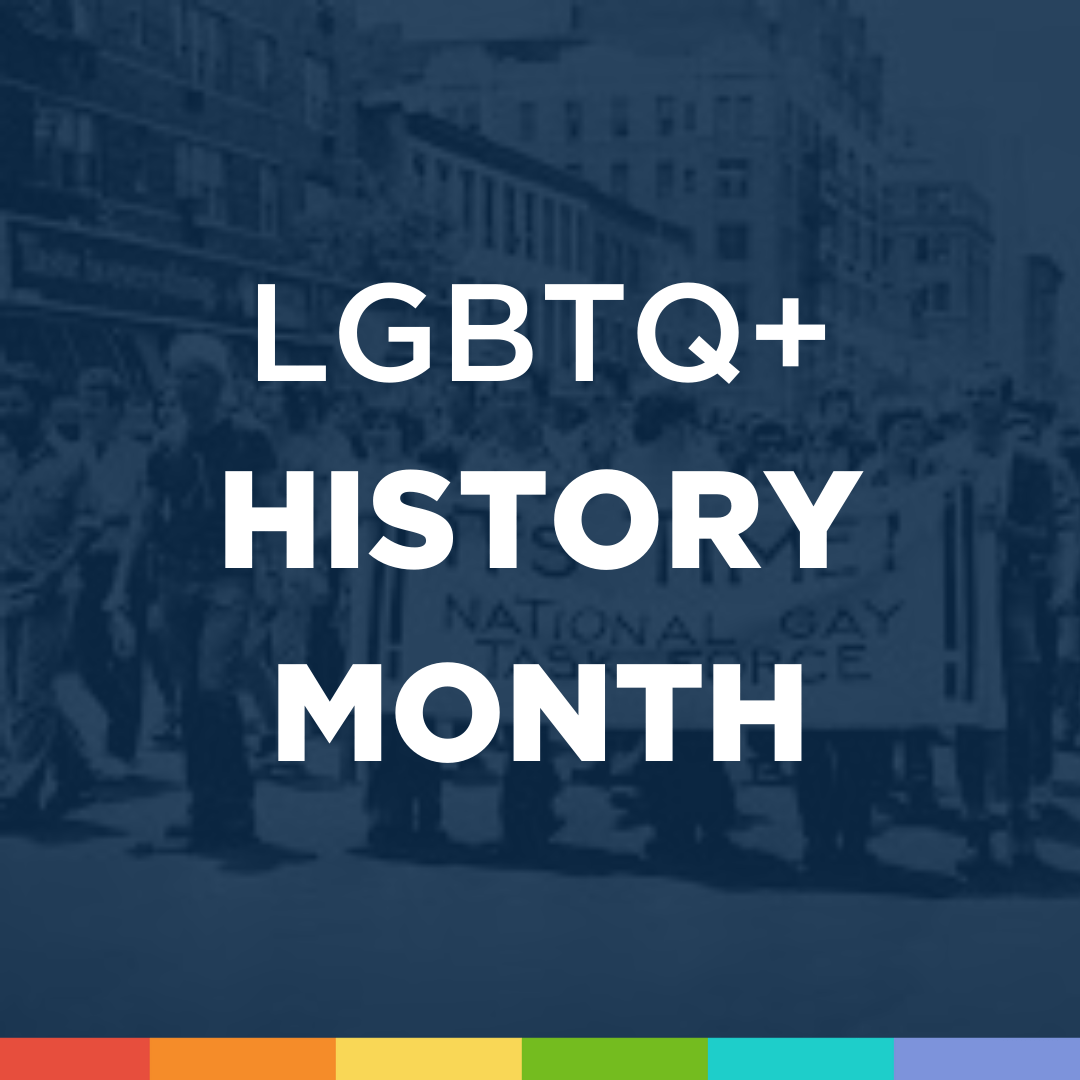
October is LGBTQ+ History month. Memphis, like most cities, has its own share of historically significant LGBTQ+ moments to draw from, including this one. To celebrate and honor the LGBTQ+ history of Memphis, we reached out to some of our community members to ask their opinion on the matter.
We asked various people in the community who have lived to see the way Memphis has changed over the years about their thoughts on LGBTQ+ history in Memphis. Why is it important to remember? What does it mean to them? What are their hopes for the future of LGBTQ+ Memphians? Here is what they had to say:
Dr. Jami Woods
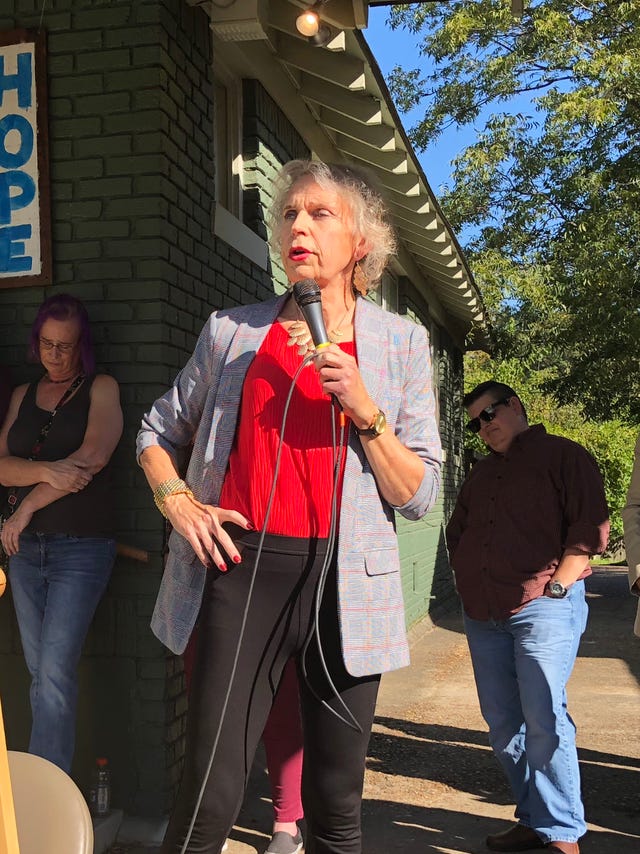
“LGBTQ+ history began for me March 12, 2018 when I walked into OUTMemphis to attend Perpetual Transition. I was very nervous because I had never told anyone ever about the woman inside me. Ever. Like in my whole life. Thanks to a young lady named Kayla Gore, I was able to tell my story for the first time. There is always a price to pay when a person transitions. I’m paying that price right now but it’s worth it. I’ve never looked back. I walked in as Jim; I walked out as Jami.”
Jerry Flores
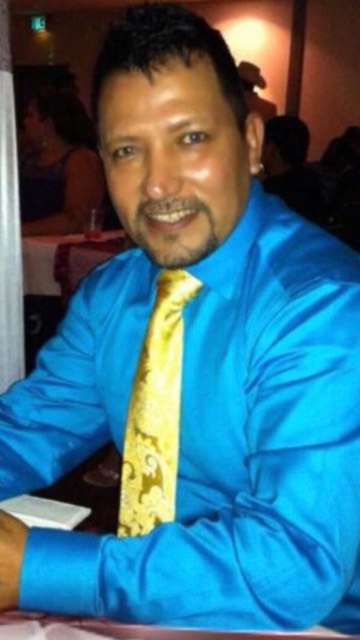
“LGBTQ, por hoy a sido un una respuesta a las nesecitas es de la comunidad latina, con la esperanza de educarnos e informarnos más a las posibles enfermedades y rechazo de alguna sociedad, LGBTQ es una organización que nos brinda todo el respaldo en nuestra vida. Esperando en un futuro los porcentajes de enfermedades de contagio sexual sean controlados con la amplia información, en todos los idiomas
LGBTQ, for today has been a response to the needs of the Latinx community, hoping to educate and inform us more about possible diseases and rejection of some society, LGBTQ is an organization that gives us all the support in our lives. Hoping in the future the percentages of sexually transmitted diseases will be controlled with extensive information, in all languages”
Vincent Astor
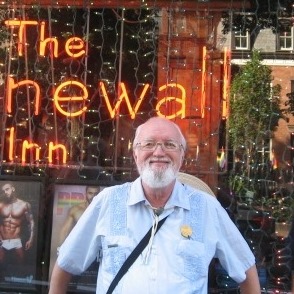
Patty Crawford
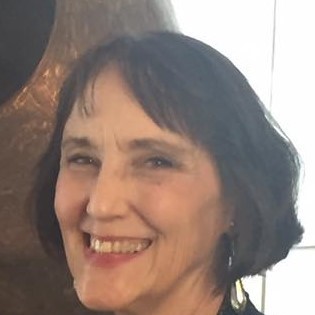
Trinette Johnson-Williams
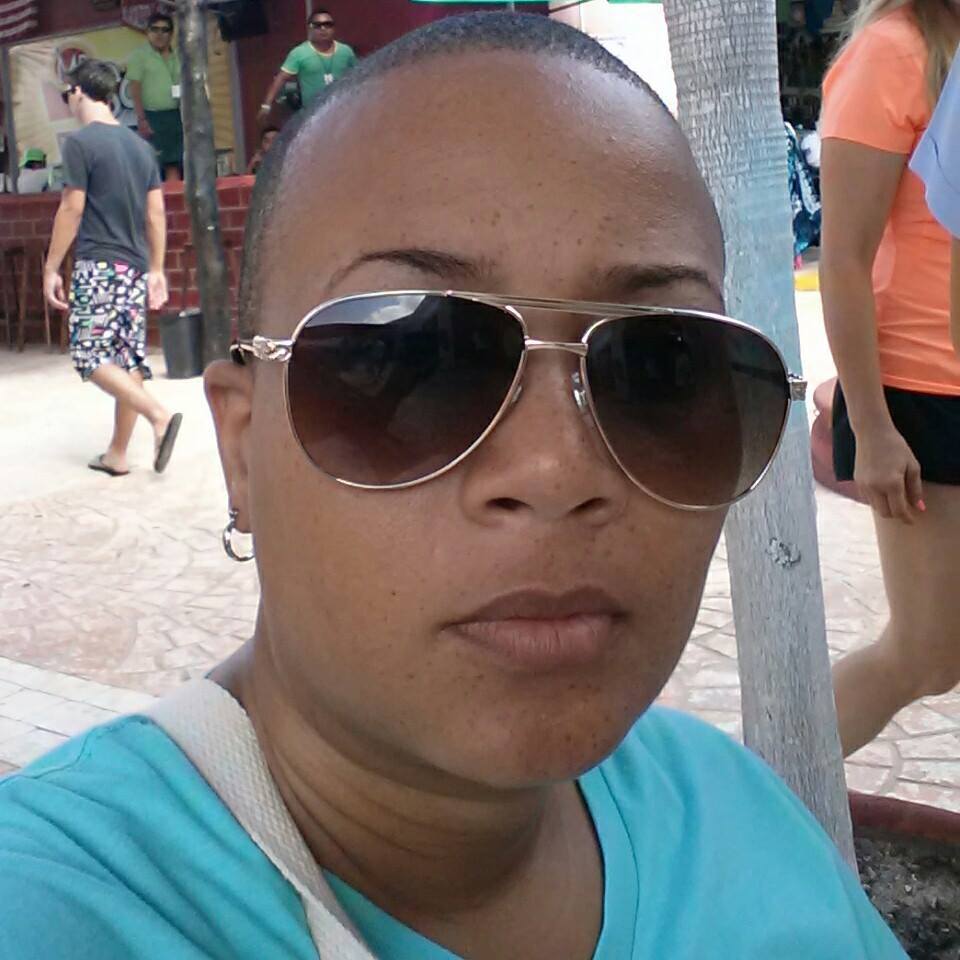
Gwendolyn Clemons
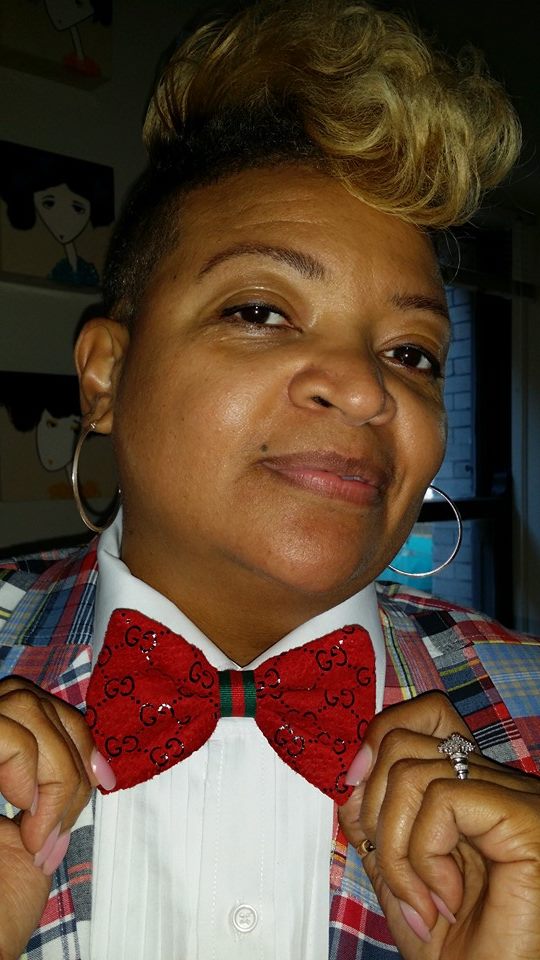
“LGBTQ History means that the collective lives of a wonderful group of people will forever be preserved. I believe wholeheartedly that it is important for our community to tell our stories. We have the resources, and we now have thriving LGBTQ media entities to catalogue our stories. I also believe that it is important for our younger LGBTQ generation to hear and learn from our history. The City of Memphis is rich with LGBTQ history and it is important that our stories are collected and told so that we won’t be erased. Things have changed drastically in Memphis over the years. I came out in 1980 and the Memphis LGBTQ community was segregated much like the rest of the city. The Black LGBTQ community stayed in their respective community and the White LGBTQ community did the same. There was no effort to merge the communities because there were no organizations or advocacy work being done. I believe the HIV/AIDS epidemic contributed to the merger of the Black and White LGBTQ community. The reason I believed this is because the HIV/AIDS epidemic did not discriminate, it touched all our lives. Through this epidemic community resources were sought which opened the doors for advocacy work and services to all. As a community we were forced to co-exist and this created space for the LGBTQ community to collectively center the real issues. In 2019, we still have this problem of segregation but not as much as 40 years ago. I am hopeful that we can continue to chip away at the invisible privilege and margins set up to keep us apart. I am hopeful that the LGBTQ community will eventually realize that we are more alike than different. Whenever anti-gay protesters attempt to censor our lives it is not aimed at our race, it is aimed at all of us. I am excited about the future of the LGBTQ community because we have a generation who is tearing down barriers and it is important to support them.”
Audrey May
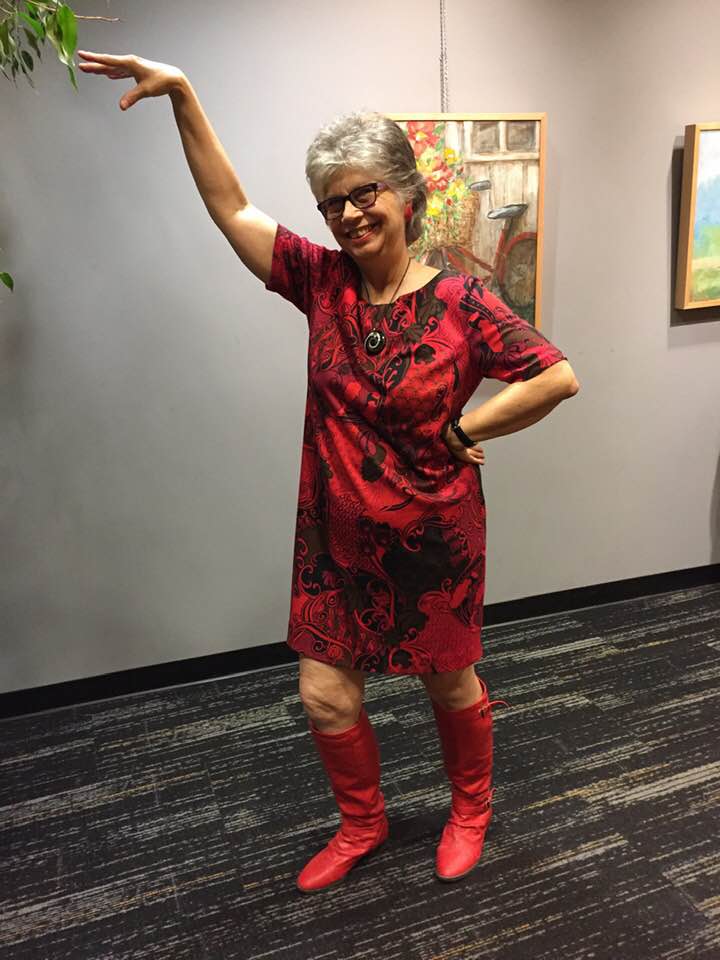
“Reflecting on 40 years of my own lesbian life and participating in the De-centering Stonewall panel last week (with Gwen Clemons, Anthony Hardaway and Vincent Astor) was a humbling experience. I think our Memphis LGBTQ community has done some amazing, courageous, generous and beautifully creative things over the years, and some pretty stupid things as well — all very human. All in all, I think we are very much still writing our stories of being queer in the South. I have a few thoughts about some things we need to be better at:
1. We must deal openly and honestly with our racism in our Memphis queer community. I can’t say this loudly or emphatically enough.
2. We must stop being afraid of being political and using our political power for the liberation of all.
3. We must find a way to bridge the gap between us old curmudgeons (the Stonewall generation) who think we know everything there is to know about being queer — and we do know a lot — and young queer people who are coming out into a very different world than we did and are doing things differently and defining themselves differently, often in ways we don’t understand.
4. We need to establish a culture of philanthropy that prioritizes supporting our LGBTQ organizations with our time, talent and money.
5. We need to support our artists and cultural workers and make it possible for those who work in queer-focused organizations to make a decent living rather than burn out.”

